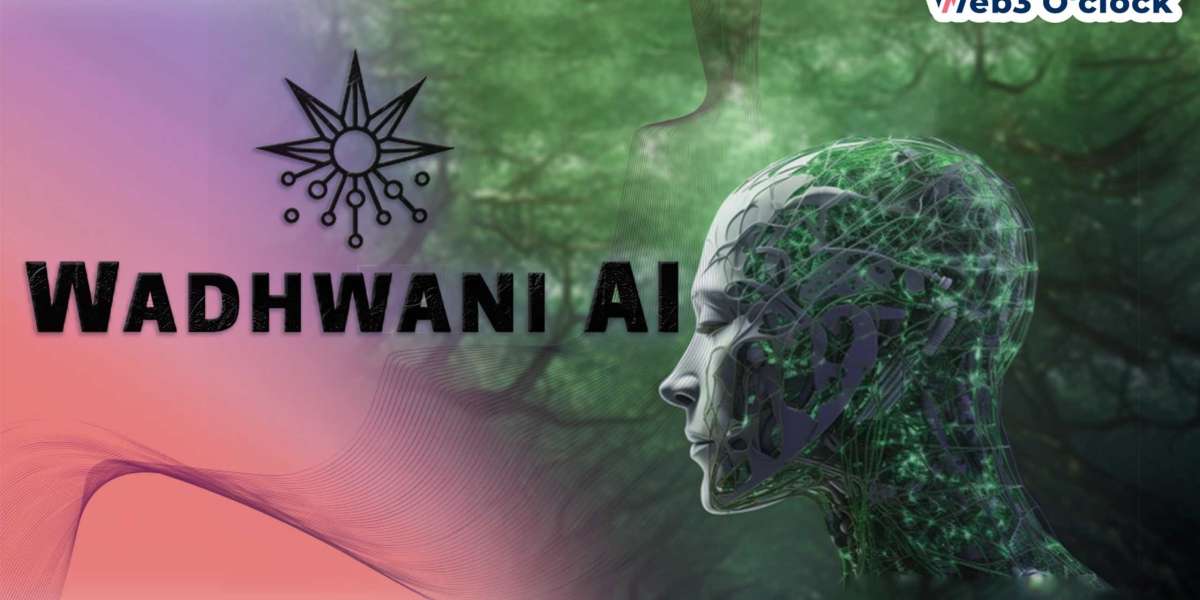In recent years, the landscape of mental health treatment has been evolving, with researchers and clinicians exploring innovative approaches to address conditions such as depression, anxiety, and PTSD. One such groundbreaking therapy gaining attention is Ketamine Infusion Therapy. Originally known for its anesthetic properties, ketamine has emerged as a potential game-changer in mental health care, offering hope to those who have not found relief through traditional treatments.
Understanding Ketamine:
Ketamine is a dissociative anesthetic that has been used for decades in medical settings, primarily as a tranquilizer and pain reliever. However, in the last few years, it has gained recognition for its unique ability to rapidly alleviate symptoms of severe depression and other mental health disorders.
Mechanism of Action:
Unlike traditional antidepressants that may take weeks to show effects, ketamine works quickly. It acts on the brain's glutamate system, specifically the N-methyl-D-aspartate (NMDA) receptors. By modulating glutamate levels, ketamine triggers a cascade of neurobiological events that result in the release of molecules promoting synaptic growth and connectivity, essentially rewiring neural pathways.
Conditions Treated:
Ketamine Infusion Therapy has shown promising results in treating various mental health conditions, including Major Depressive Disorder (MDD), Bipolar Disorder, Post-Traumatic Stress Disorder (PTSD), and Obsessive-Compulsive Disorder (OCD).
The Treatment Process:
Ketamine Infusion Therapy is typically administered in a controlled medical environment, supervised by trained professionals. The patient receives a carefully measured intravenous infusion of ketamine over a set period, allowing for a gradual and monitored experience. The treatment is personalized based on the individual's needs and response to previous sessions.
Benefits and Challenges:
The rapid onset of ketamine's antidepressant effects is a notable advantage, especially for individuals facing acute crises or those who have not found relief with other interventions. Additionally, the therapy's potential to address suicidal ideation quickly is a critical aspect of its appeal. However, challenges and questions remain, including the optimal dosages, long-term effects, and the potential for abuse. Research is ongoing to refine protocols and understand the full scope of ketamine therapy's benefits and risks.
Conclusion:
Ketamine Infusion Therapy represents a promising frontier in mental health treatment, offering new hope for those struggling with severe and treatment-resistant conditions. While research is ongoing, early results suggest that this therapy has the potential to revolutionize the way we approach and manage mental health disorders. As the field continues to evolve, the integration of ketamine into mainstream psychiatric care may provide a lifeline for individuals seeking relief from the burdens of mental illness.







